Hello Veterans, Rural Virginia Wants You!
by John Lesinski
(Mr. Lesinski is a Marine Corps veteran residing in Rappahannock County who served on the county Board of Supervisors and is currently the Chairman of the Virginia Veteran Services Foundation)
Veterans Day 2021 brought the usual “Thank you for your service” from our national leaders in celebrations in Washington DC and in our local communities. And then? We all went back to business as usual. As a seven-year member of the Virginia Board of Veterans Services and Virginia Veterans Services Foundation, I know firsthand that veterans need a lot more than just a “pat on the back.”
The truth is that transitioning from military service to the private sector is really difficult. That is nowhere truer than in rural areas. Here, the lack of jobs and unreliable broadband critical to education, healthcare, and employment can cripple our opportunities. When the “right-fit” jobs don’t exist, where can a veteran turn to return to school for a training certificate, license, or higher education degree? These can seem like insurmountable barriers to our veterans eager to settle back down in their rural hometowns.
That said, there is good news. There are several Federal and State programs here to help. Here are just a few examples of what government is doing:
The Virginia Values Veterans Transition Program: The Department of Veterans Services’ Virginia Values Veterans (V3) Transition Program offers peer-to-peer support for veterans and their families as they transition to civilian life. Known as V3 Transition, this referral service helps with resume review as you begin your job search. It connects applicants with certified companies committed to hiring veterans. V3 Transition focuses on those seeking employment, education, and entrepreneurship, but will also assist those with needs outside of those three core areas. Learn more about these programs at www.dvs.virginia.gov. This is a powerful resource — use it!
The expansion of GI benefits to families of veterans: The truth is that veterans’ family also need help transitioning back into the civilian world. A spouse may want to “retrain” through higher education. Or a child aspires to attend college but lacks the family means. Luckily, Congress is paying attention. One of my board counterparts, Laura Schmiegel, writes that the GI Bill now allows children and spouses to take advantage of GI Bill benefits. As a result, since 2008, 20% of all dependents have used those benefits to advance their education. This expansion of benefits can be a game changer for rural veteran families who want to reposition themselves in the 21st century economy. (See her full article at “Veterans Day highlight on GI Bill and economic mobility for military families” in The Hill)
The arrival (at last) of rural broadband: The new economy is largely built around the internet and remote working. Rural employment and business creation hinge more than ever on connectivity. While rural broadband expansion isn’t aimed specifically at veterans, it is no less critical to the good jobs that transitioning veterans need. Both the State of Virginia and now Congress, with the passage of the latest infrastructure bill, are ramping up massive spending to bring reliable broadband to rural areas. Keeping returning vets employed and productive is key. Aside from the financial benefit, it provides the necessary camaraderie that comes with employment, ensuring the wellbeing of them and their families.
It’s a community thing: Sebastian Junger, author of The Perfect Storm, also wrote a short book entitled Tribe, on Homecoming and Belonging that details the challenges for veterans returning to society—and how veterans themselves are challenging society. Junger writes, “Today’s veterans often come home to find that, although they are willing to die for their country, they’re not sure how to live for it. They want more than anything else to continue to contribute to our society.”
The good news is that rural Virginia communities are well-placed to help veterans through this transition. We already know how to help each other out. And the truth is, rural Virginia really needs the skills, work ethic, and sense of service that veterans and their families bring with them.
So let us not confine our “thank you for your service” to Veterans Day. Veterans belong to a unique tribe. We must realize that we are not alone. Real help is out there. We must continue to get the word out. Rappahannock veterans can contact their local Virginia Department of Veterans Services office in Strasburg at 540-465-6113 for more information on benefits and programs.
For more information, please visit Www.vsf.org and www.DVS.Virginia.gov
